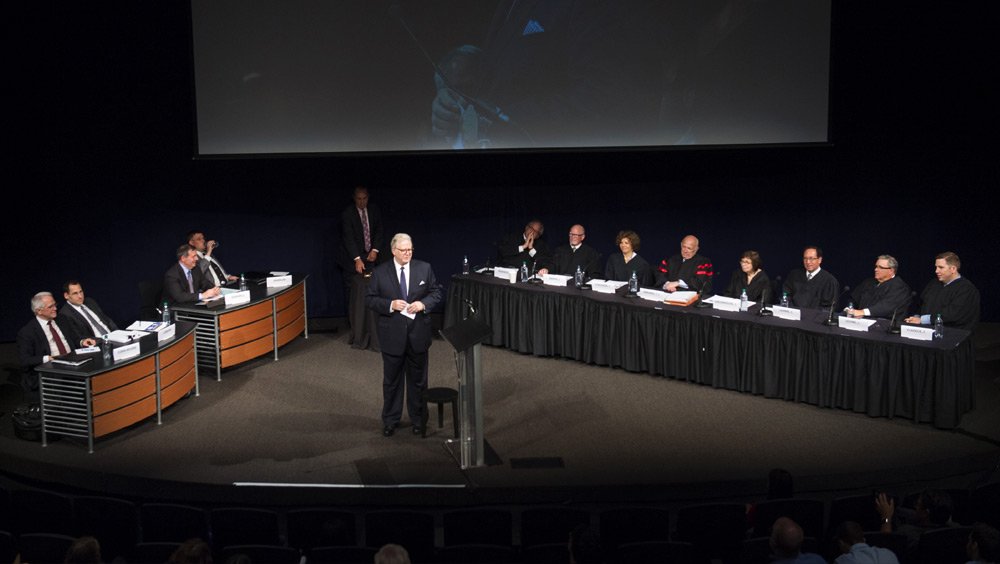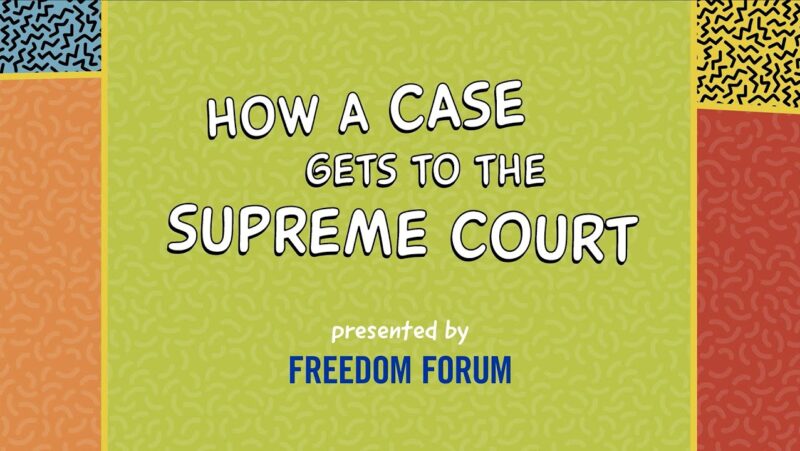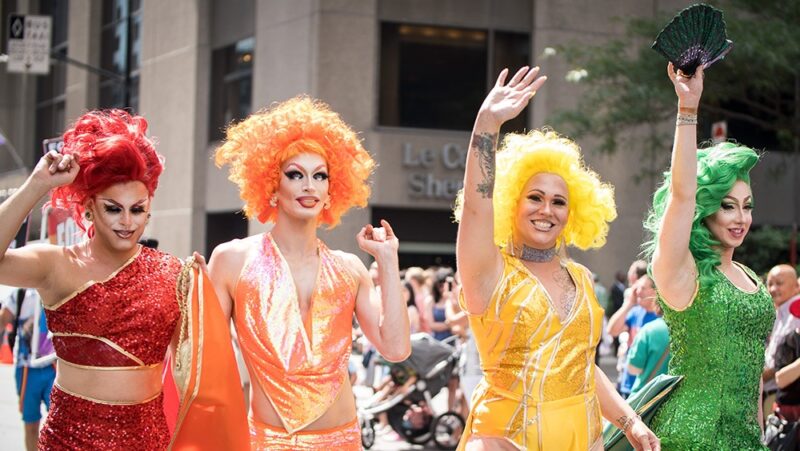Mock Court Debates iPhone Privacy in Pear v. United States

The issues involved in the June 2016 Apple-FBI iPhone controversy were argued before a panel of First Amendment, cybersecurity, civil liberties and national security experts — and the verdict from audience members watching the mock Supreme Court session was split.
Audience members were asked to select the issue, after hearing oral arguments in the case “Pear v. United States,” and asked to vote on which issue would most likely be central to the dispute if the controversy reached the U.S. Supreme Court.
The mock Supreme Court argument was presented by the Newseum Institute as a means of exploring the increasingly complex issues around privacy and national security needs, said the institute’s Gene Policinski.
Those who attended the Wednesday program were asked, through paper ballots or an online survey, to select the issue they now believe is most likely to be the decisive factor should a case such as Apple v. FBI reach the U.S. Supreme Court.
The largest group, just over 25% of those responding, said the central issue likely will be whether the All Writs Act of 1789 can be invoked to empower the government to obtain a court order requiring a cell phone manufacturer to cooperate in unlocking and accessing information stored on a mobile device. The act, now rarely used, can be used by federal judges to order individuals to perform certain acts. Critics say it grants courts too much authority, and in this case, attempts to “compel speech” — a constitutionally prohibited action.
The next most-likely issue was protection of the privacy of individual customers who have stored personal information on such phones. Privacy, an evolving concept in law, is among the most discussed legal aspects resulting from the disruption in law and society caused by new means of communication and data storage.
The third-ranking selection was “national security issues” as the key factor in a Supreme Court decision. In the real Apple-FBI conflict, investigators claimed to need Apple’s help in accessing a phone used by one of the terrorists in the San Bernardino mass shootings. The FBI later reported it was able to gain access through a third-party “hacker.”
A smaller segment of attendees said a company’s own business interests in being able to protect its customer’s privacy would predominate. Some argued that companies such as Apple must be able to back up promises to customers that phone data is secure, if only to be competitive with cell phone manufacturers in other nations.
Other attendees cited a variety of issues — some raised by the lawyers representing the fictional cell phone manufacturer “Pear” or representing the government — many asking, essentially, whether the kind of computer code development sought by the FBI to be used to gain access to phones was even speech protected under the First Amendment.
Each side argued its position before an eight-member High Court, with rebuttal time, in a proceeding that mimicked actual Supreme Court sessions. Both the Pear and the United States legal teams had written briefs to support their oral arguments.
Noted First Amendment lawyers Robert Corn-Revere and Ronald G. London represented Pear, and argued that the United States was asking the fictional company to create an entirely new function in providing access to an iPhone, thus creating new literary work — which would be protected by the First Amendment.
Former assistant U.S. Attorney Joseph DeMarco and co-counsel Jeffrey Barnum, a legal scholar and lawyer specializing in criminal and First Amendment law, argued the government does have the authority to compel companies to assist in a criminal investigation, and that there was no First Amendment protection for the kind of work the government was seeking — providing access only to a phone, not to the data it contained — for this single phone only.
The panel and legal teams were put together by Ronald K.L. Collins, the University of Washington Law School’s Harold S. Shefelman Scholar and former First Amendment Scholar at the Newseum Institute’s First Amendment Center; and Nan Mooney, a noted First Amendment lawyer based in Washington, D.C. Collins and Mooney also coordinated the filing of the written briefs.
Sitting as the Supreme Court were:
- Floyd Abrams, renowned First Amendment lawyer and author; visiting lecturer at the Yale Law School (as the chief justice)
- Harvey Rishikof, most recently dean of faculty at the National War College at the National Defense University; chair of the American Bar Association Standing Committee on Law and National Security advisory committee
- Nadine Strossen, former president of the American Civil Liberties Union; the John Marshall Harlan II Professor of Law at New York Law School
- Linda Greenhouse, Knight Distinguished Journalist in Residence and Joseph Goldstein Lecturer in Law at Yale Law School; longtime U.S. Supreme Court correspondent for The New York Times
- Lee Levine, renowned media lawyer; adjunct professor of law at the Georgetown University Law Center
- Stewart Baker, national security law and policy expert; former assistant secretary for policy at the U.S. Department of Homeland Security
- Stephen Vladeck, professor of law at American University Washington College of Law; nationally recognized expert on the role of the federal courts in the war on terrorism
- The Hon. Robert S. Lasnik, senior judge for the Western District of Washington at the U.S. District Court
As the presentation began, Abrams noted that unlike the actual Supreme Court, the arguments Wednesday at the Newseum were being live-streamed and video-recorded. He made a plea for the actual High Court to change its policy banning such video accounts.
Watch: How a Case Gets to the Supreme Court
Drag and the First Amendment Are Fabulous Together
Related Content

